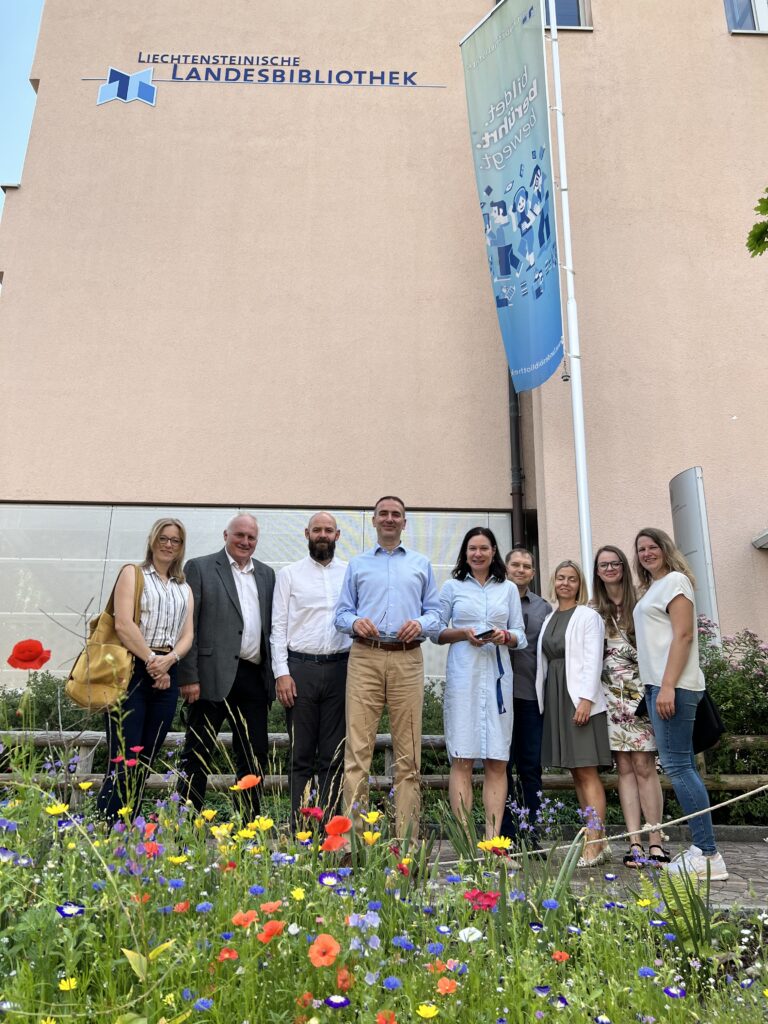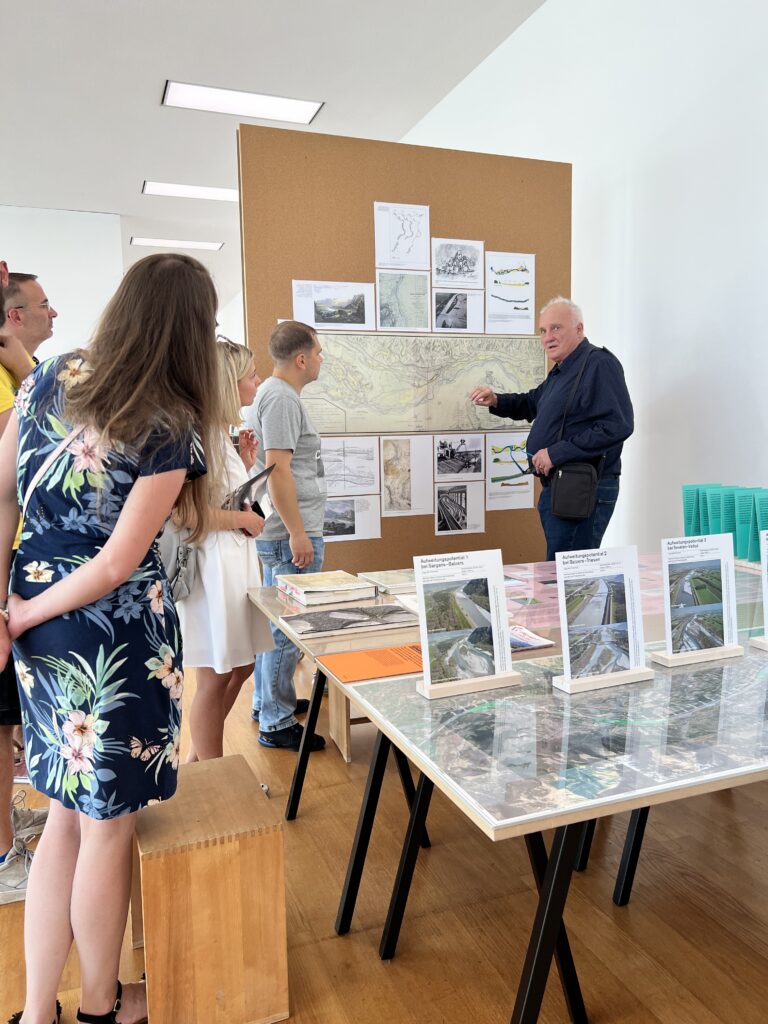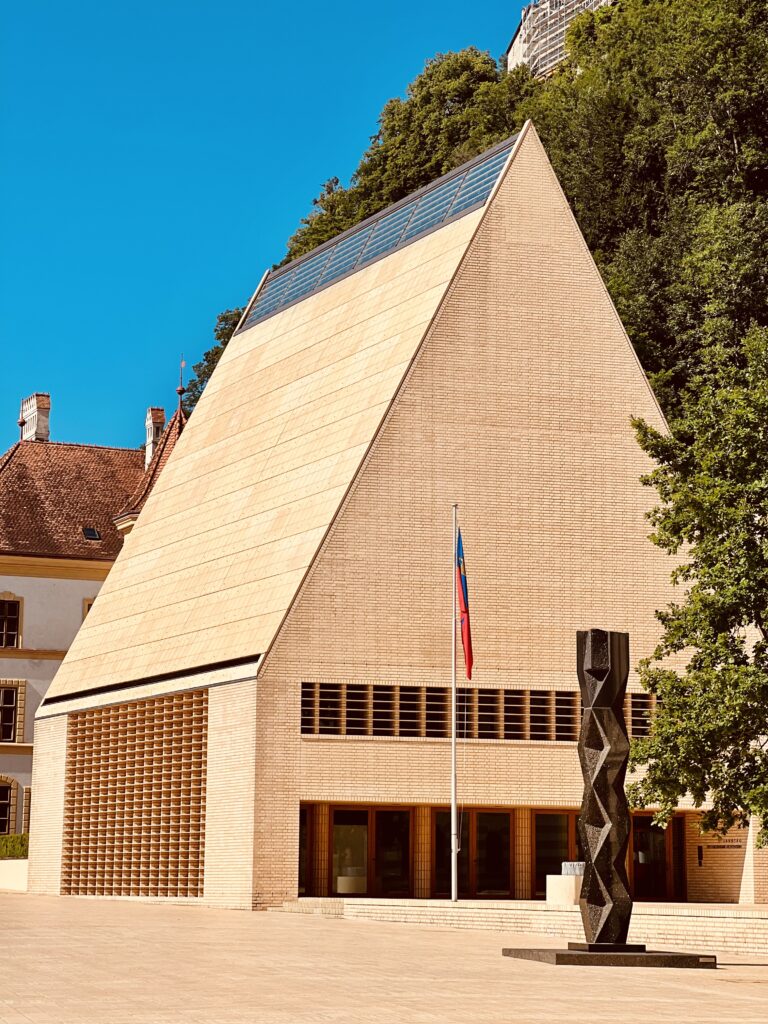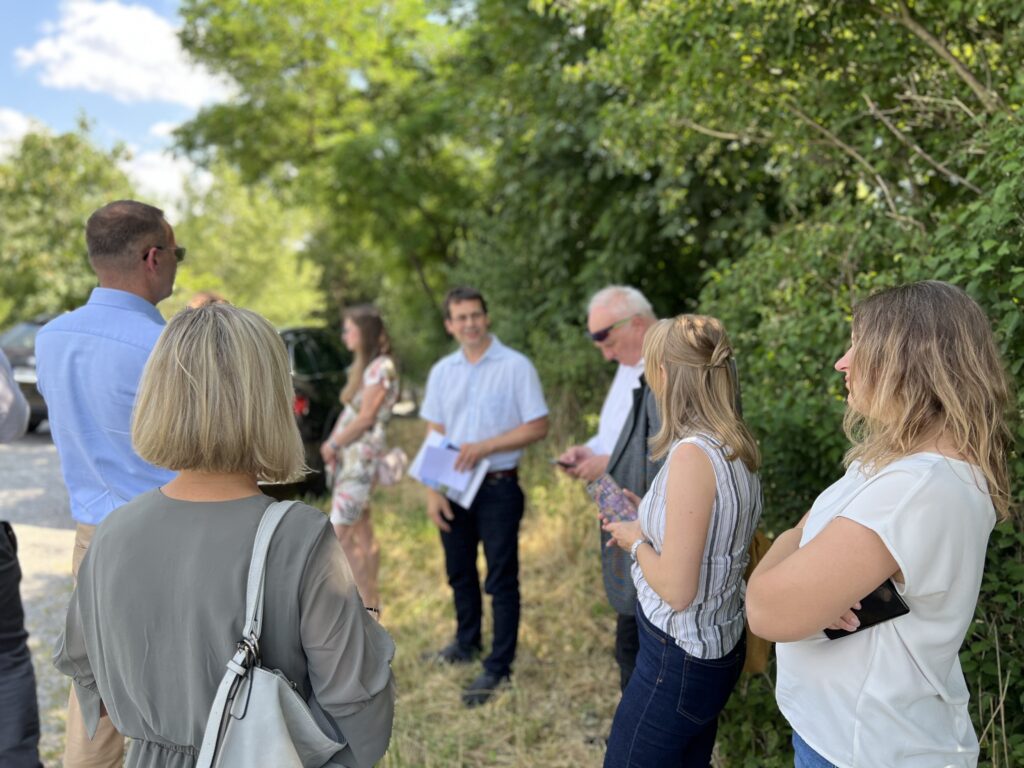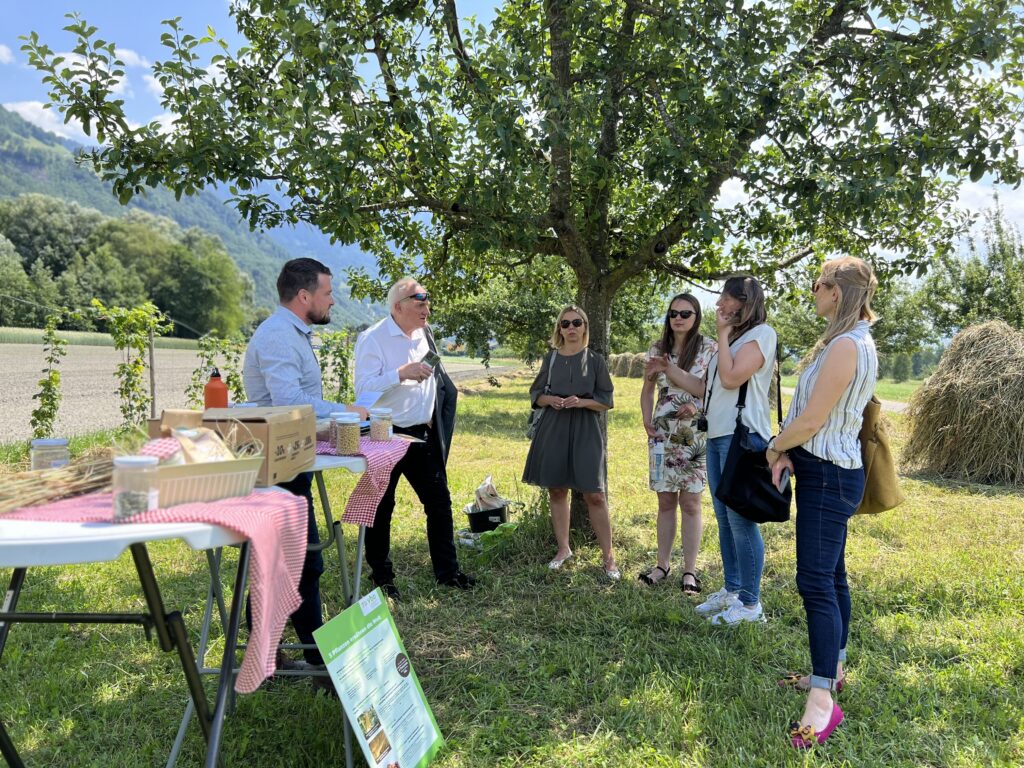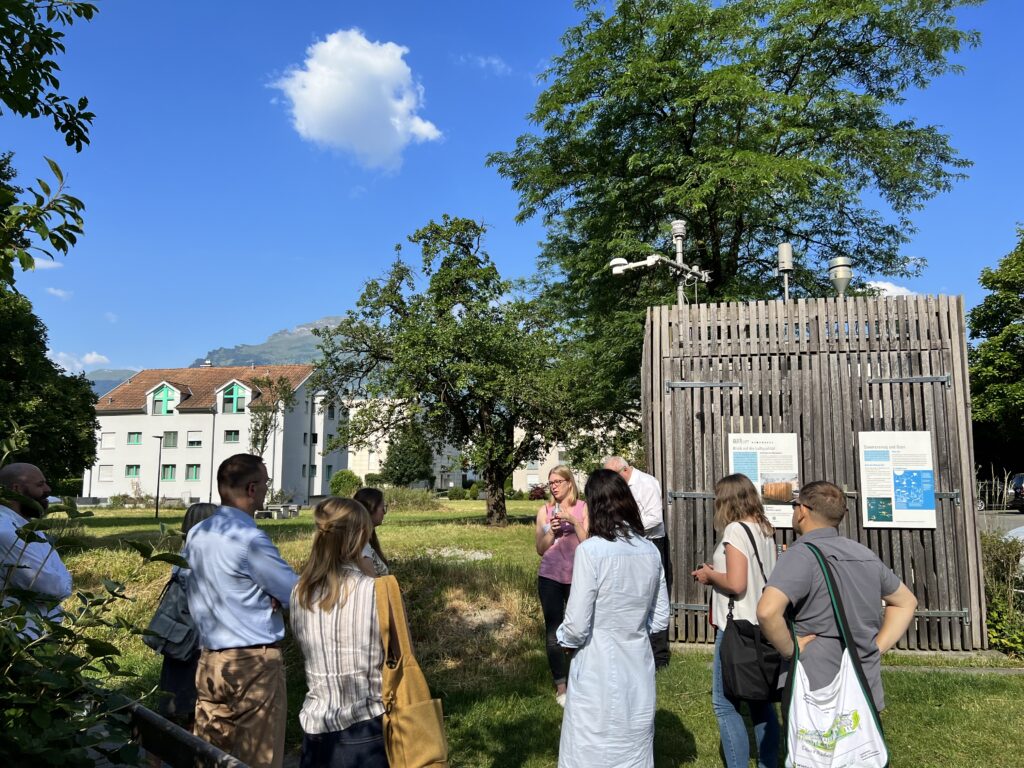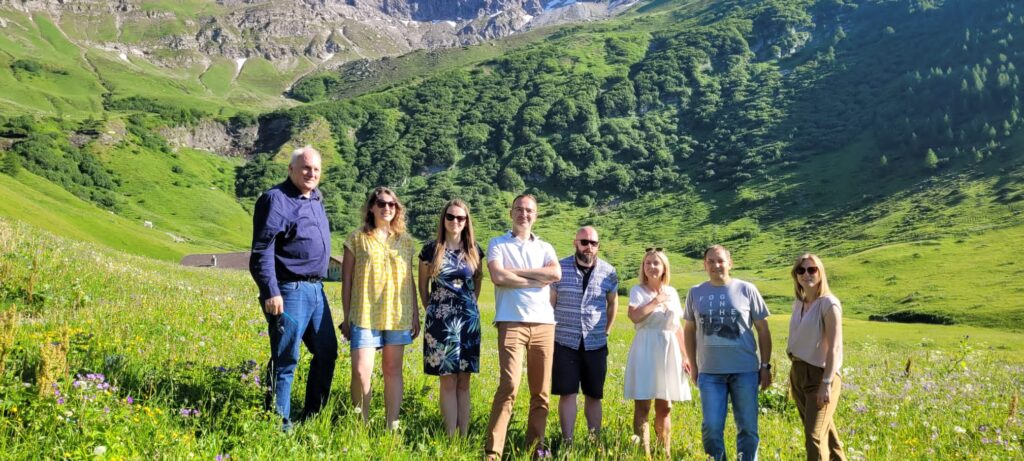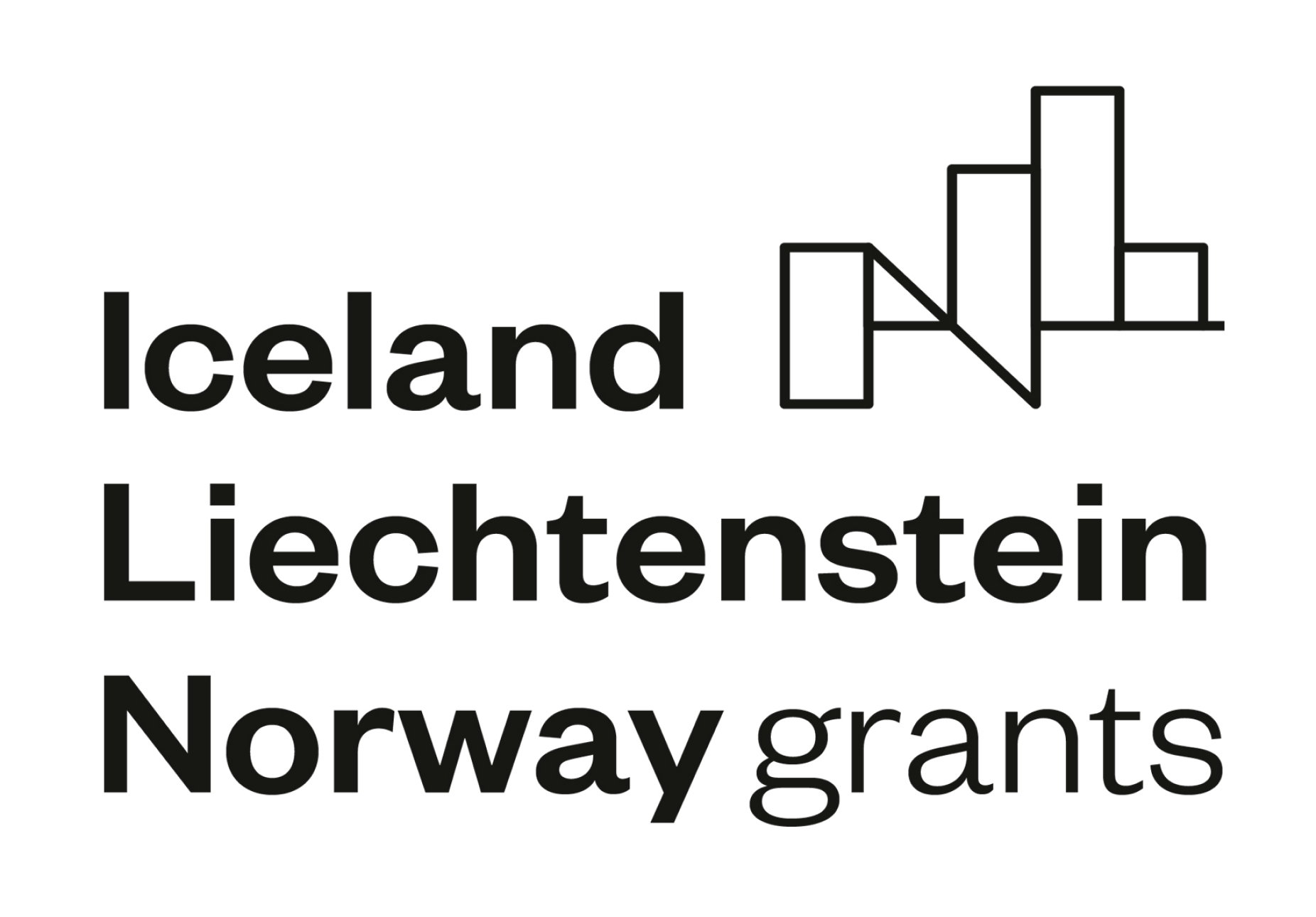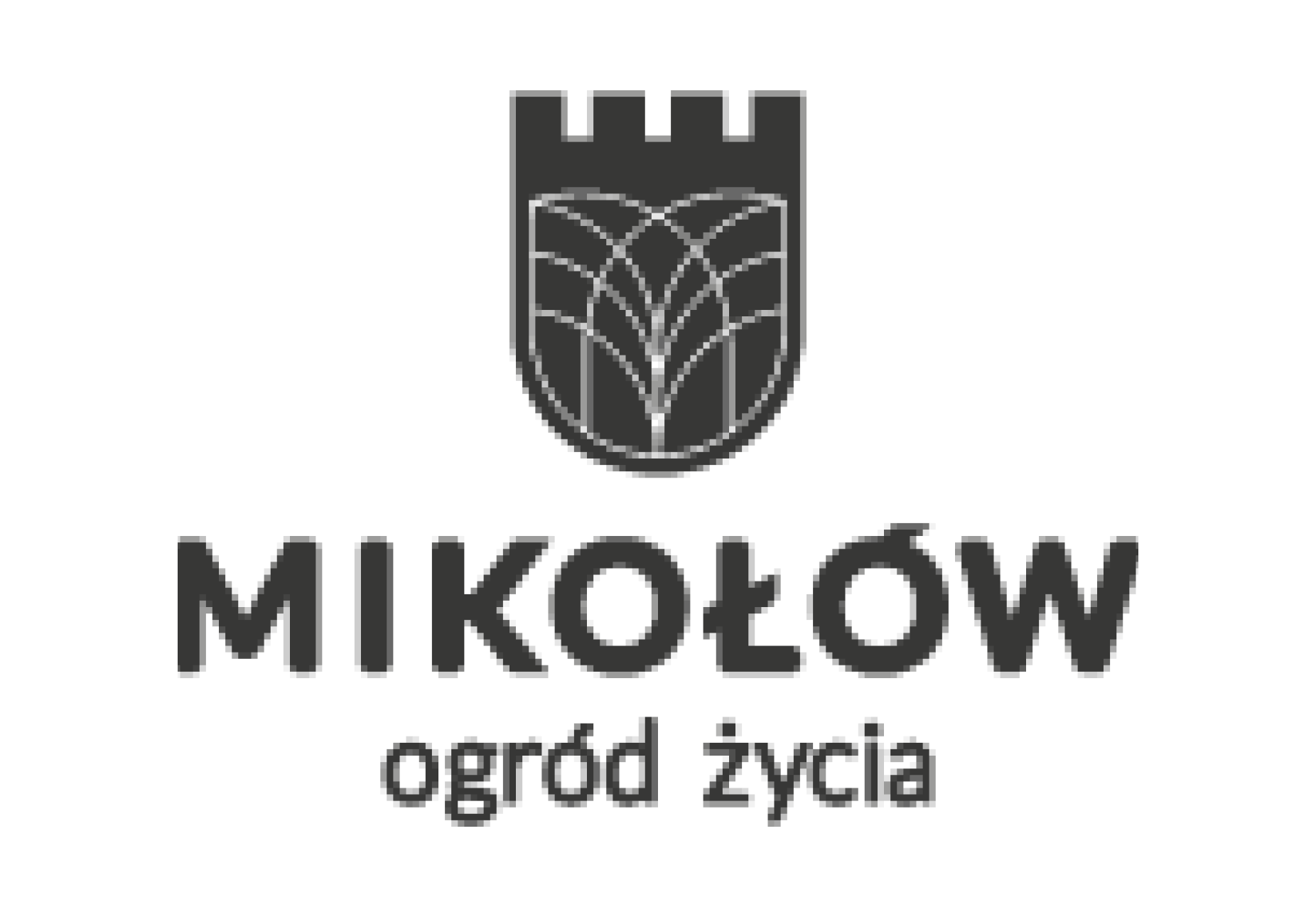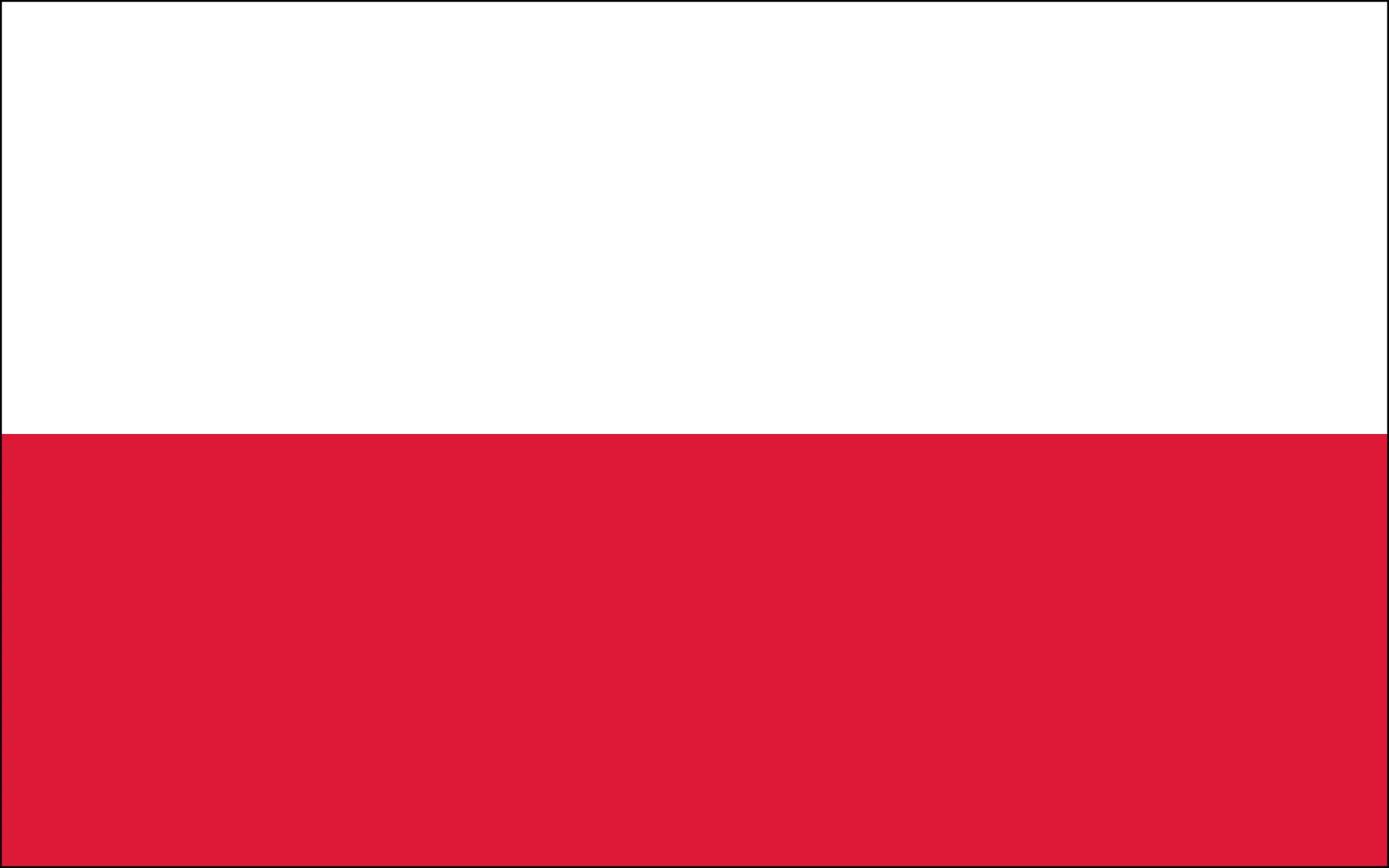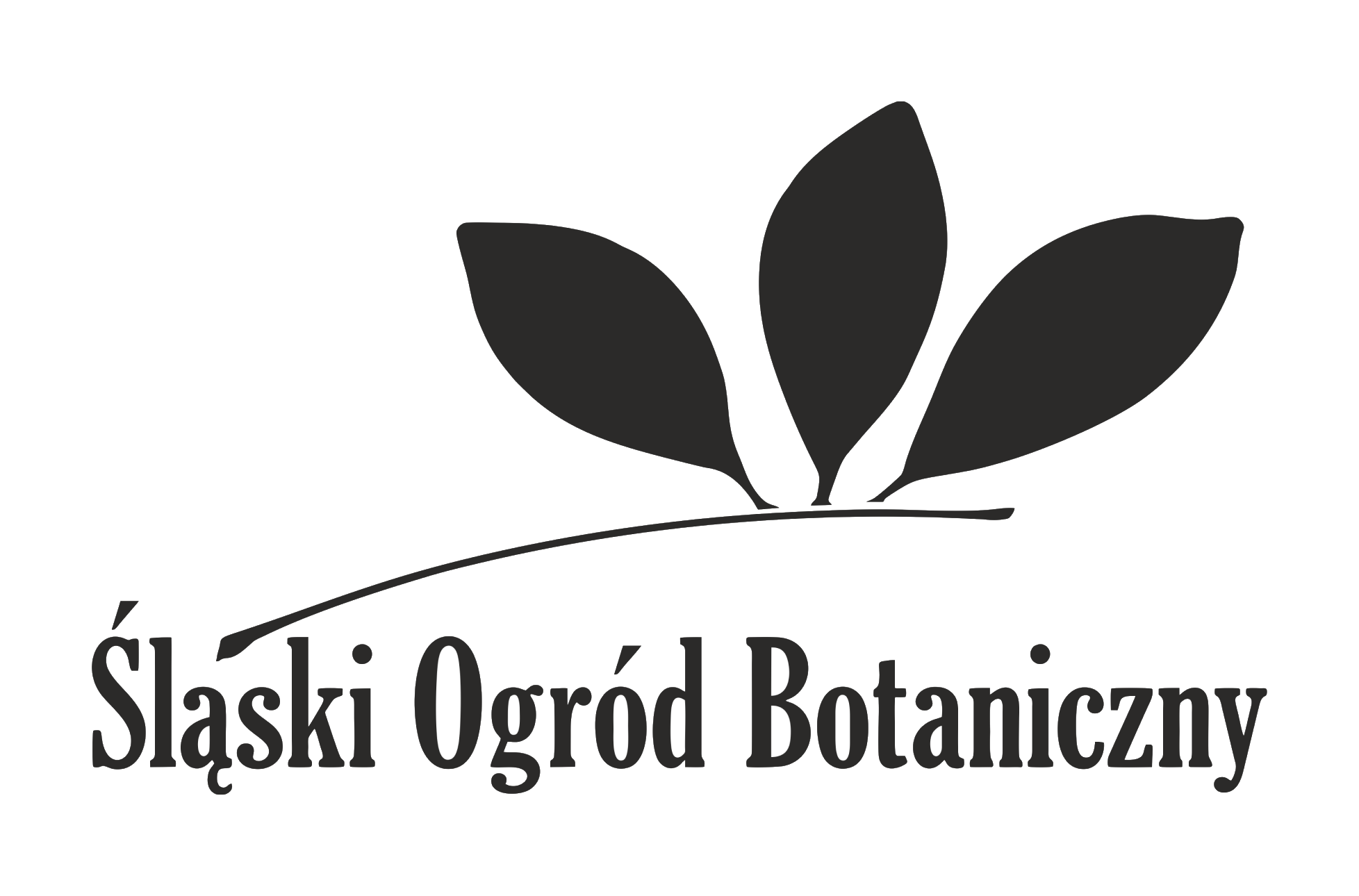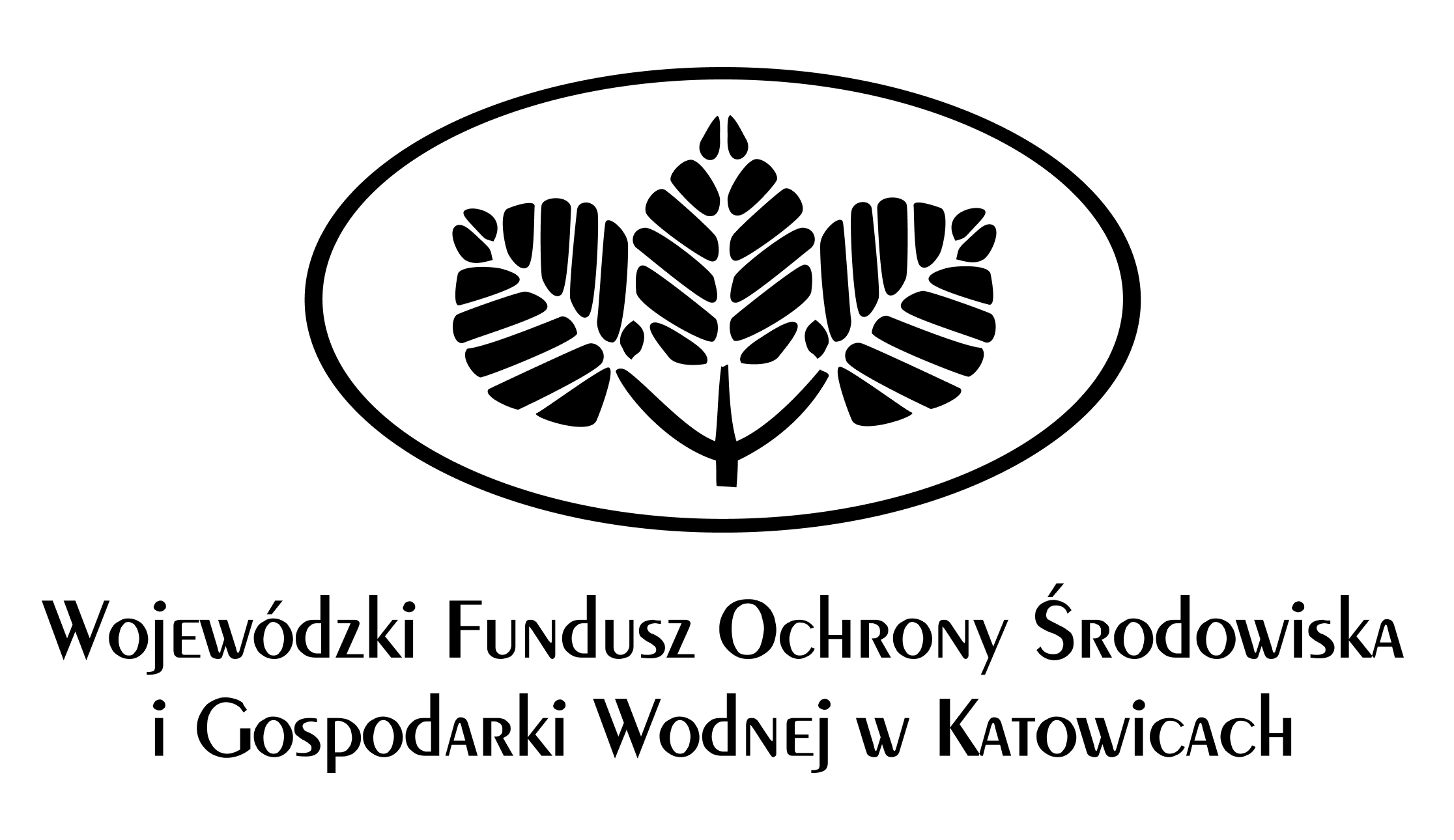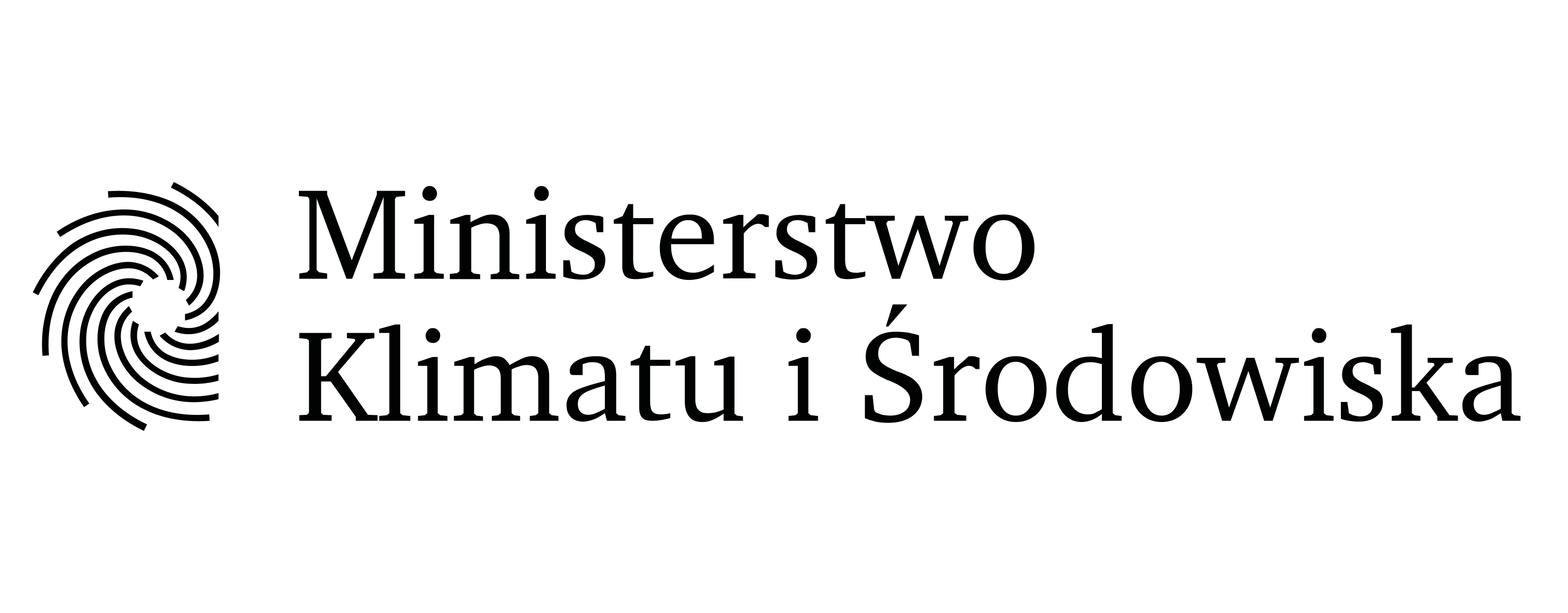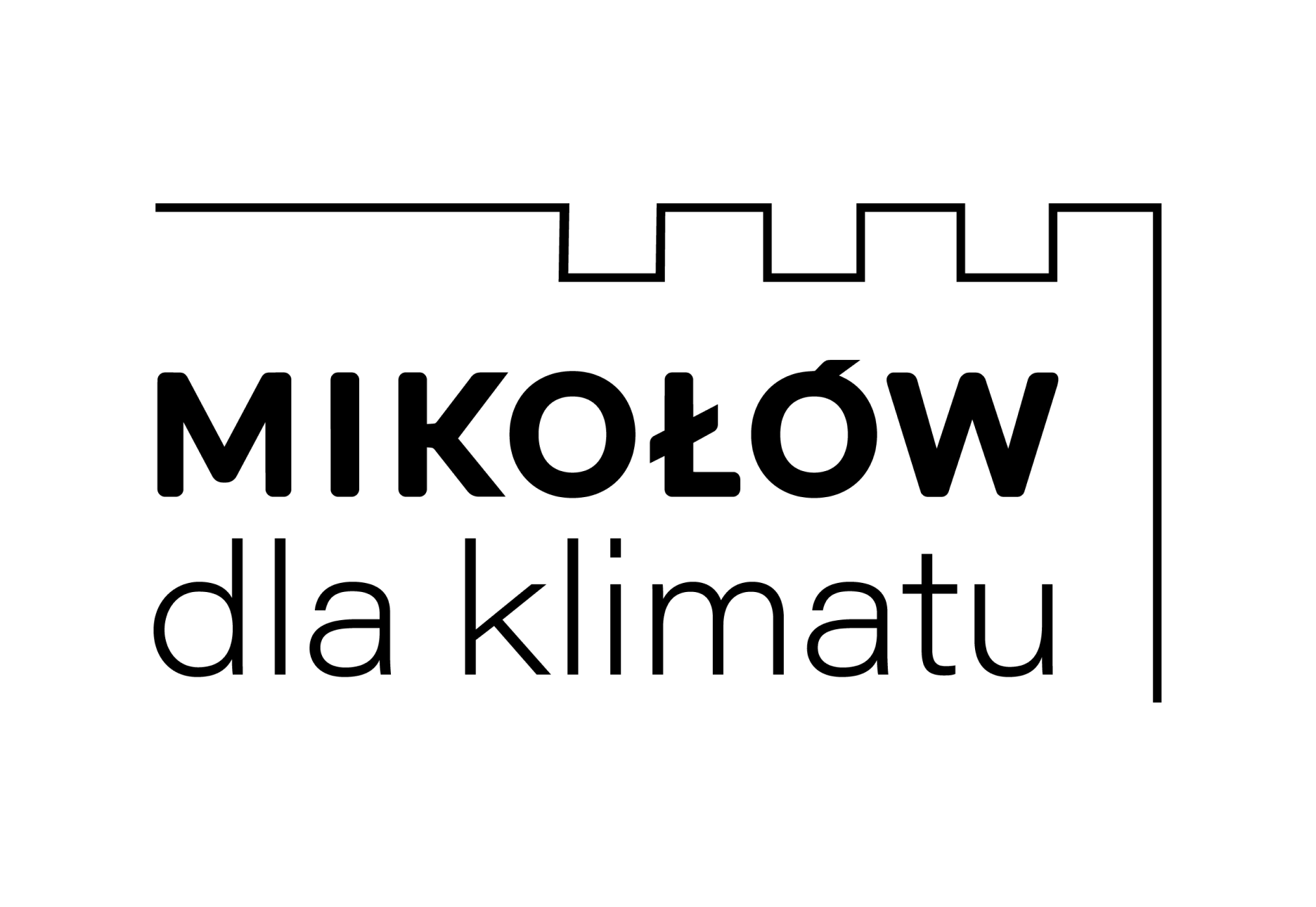On June 25-27, 2023, we had the extraordinary opportunity to participate in a study visit to Liechtenstein. The purpose of this trip was to exchange knowledge and experience in the implementation of environmental activities and to seek inspiration for future activities that can help in the fight against climate change, in Mikolov.
Upon arrival in Liechtenstein, we were warmly welcomed by our host, who provided us with a detailed plan for the visit. On the first day of our study visit to Liechtenstein, we had the opportunity to learn about the structure of this small but advanced country. Our first stop was Vaduz, the capital of the principality. Strolling through the picturesque streets, we had the opportunity to admire the architecture and atmosphere of this charming city. Thanks to our partner, we were able to learn about the challenges Liechtenstein is facing due to the changing climate. The first day of the study visit to Liechtenstein was fascinating and full of valuable information. And the nature exhibition titled “The Parliament of Plants” was a motivation for further reflection.
In the following days of our study visit, many interesting and inspiring meetings awaited us.
We had the opportunity to meet with Dr. Karin Jehle from the Liechtenstein Department of the Environment, who told us about the state of the principality’s natural environment and the monitoring and support activities they are conducting to preserve the country’s species richness. We also learned about the principality’s climate protection challenges and efforts.
A meeting with Dr. Daniel Gstoehl of the Liechtenstein Solar Cooperative provided a glimpse into how countries like Liechtenstein are investing in sustainable technologies and prioritizing clean energy in an effort to maintain harmony between the environment and community needs.
Courtesy of director Mag. Markus Jäger and Prof. Peter Droege, we visited the local University, where we learned a lot of information about the region and the Rhine deregulation project, the implementation of which we had the opportunity to see up close later in the trip.
Dr. Florian Bernardi introduced us to the Field of Sustenance organization’s commitment to promoting organic and sustainable farming practices. We learned how the organization works with local farmers, fruit growers and gardeners to promote farming methods that minimize environmental impact and increase biodiversity. Most thrilling was how the organization runs educational programs for young people, where they are shown how food is produced from scratch. Using interactive lessons, farm visits and participation in agricultural work, children and young people have the opportunity to experience and understand how their food is grown, harvested and processed. We were impressed with their approach to education and community involvement in creating a more sustainable and responsible food system. This presentation was a reminder that education is key in creating social change.
Certainly these experiences will have a strong impact on our work in the Mikolov for the Climate project and help us better understand how we can implement innovative solutions in our local community.
